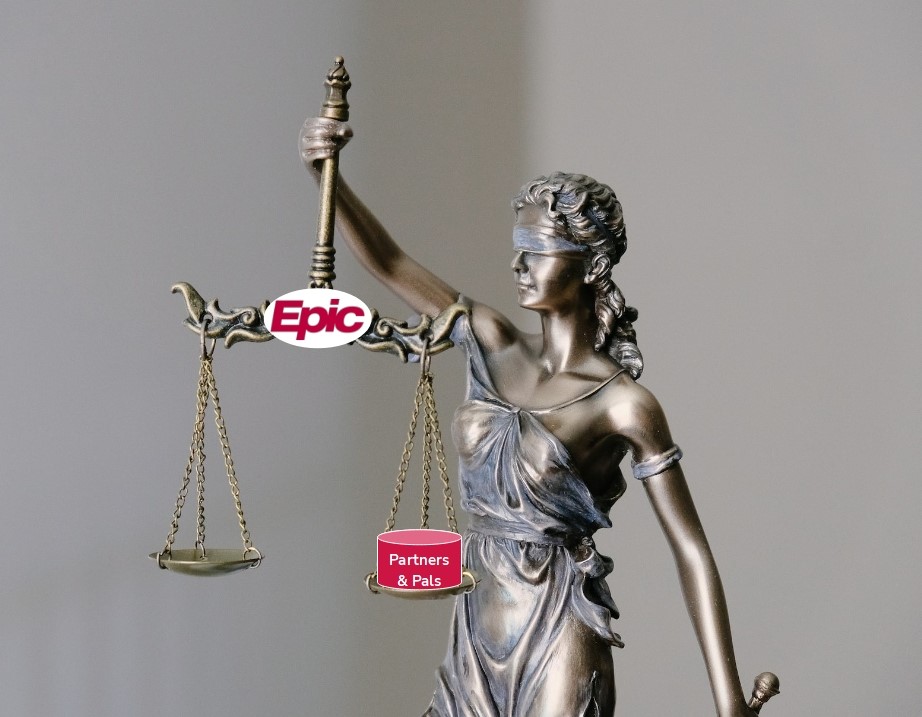Epic's Partners and Pals smells like favoritism, and that stinks for interoperability

If it seems the past month has been good to a certain company in Verona, WI, you would not be wrong. Fresh off Epic's annual Users Group Meeting, UPMC announced it will transition its hospitals off numerous EHRs (most notably, Oracle Cerner) and onto Epic. Shortly thereafter, news broke that Intermountain will ditch Cerner and roll out Epic across the health system within about two years.
The favorable press actually began in mid-August, when Abridge revealed it is the first startup selected for Epic's Partners and Pals program (PPP). The PPP is a new initiative where Epic collaborates with vendors established ("Partners") and up-and-coming ("Pals") to build deep integration with the Epic EHR and take the combined offering to market. In the last four weeks, Talkdesk has joined as the second Pal, and Nuance and Press Ganey are slated as the initial Partners.
The PPP clearly benefits Epic by allowing the company to complement its EHR with a suite of workflow- or capability-specific technologies, most of which are leaders in their respective areas. Such partnerships haven't been common—Epic has always preferred building over buying—but they demonstrate where Epic feels it can't afford to wait to develop equivalent functionality.
Not so buddy-buddy
But what's good news for Epic isn't necessarily good news for healthcare. Whereas the direction of our industry has been towards greater interoperability and greater choice, the Partners and Pals initiative threatens to throw everything into reverse. Now, the powers that be in Verona will be able to handpick their favored companies and christen the resulting solutions. They will be able to design, develop, and release new integration options only to particular vendors, leaving everyone else at a disadvantage. Given how influential a stamp of approval from Epic can be, making it into the PPP truly could make or break the fortunes of these companies.
I'll readily admit that I could be reading too much into the situation. Perhaps the PPP is simply a go-to-market strategy with no technology benefits. Or, perhaps any new APIs and interoperability methods will be designed with multiple vendors in mind and shared openly to all who want them. If Epic publicly commits to making all integration options equally available to all vendors, at the same time and the same cost, and with input from allied and non-partner companies alike—then I'll gladly admit I was wrong.
But Epic's public comments on the matter—which, as is typical, are limited—don't inspire much confidence. A key executive for the PPP said it will create "new value for health care by curating unique collaborations...[where] Epic works with [participating companies] to develop deep integration for their products and services, helping them innovate quickly...." That's nice, but it would be far better if Epic created new value for healthcare by opening deep integration points equally and fairly to all vendors. We don't need Epic to pick the winners and losers; its customers can do that just fine when they have a robust set of choices.
Freedom over favoritism
I see no issue in Epic collaborating with other vendors to offer a more complete set of products and services to its customers. Epic can partner with whomever it wants. The integration capabilities that these partners use, however, should be equally and concurrently available to non-partner vendors as well. No EHR should limit the availability of integration capabilities or charge extra fees to one company vs another.
Based on what we currently know, nothing about the PPP falls within the category of openness, access, and equal opportunity. This flies in the face of a core element of interoperability. I have no doubt that other EHR companies are watching what Epic does to see how they could mimic it. Absent public commitments to openness and fairness from Epic, the PPP risks making seamless integration with the EHR accessible to only a privileged few, and if that happens, it'll truly stink for interoperability.



